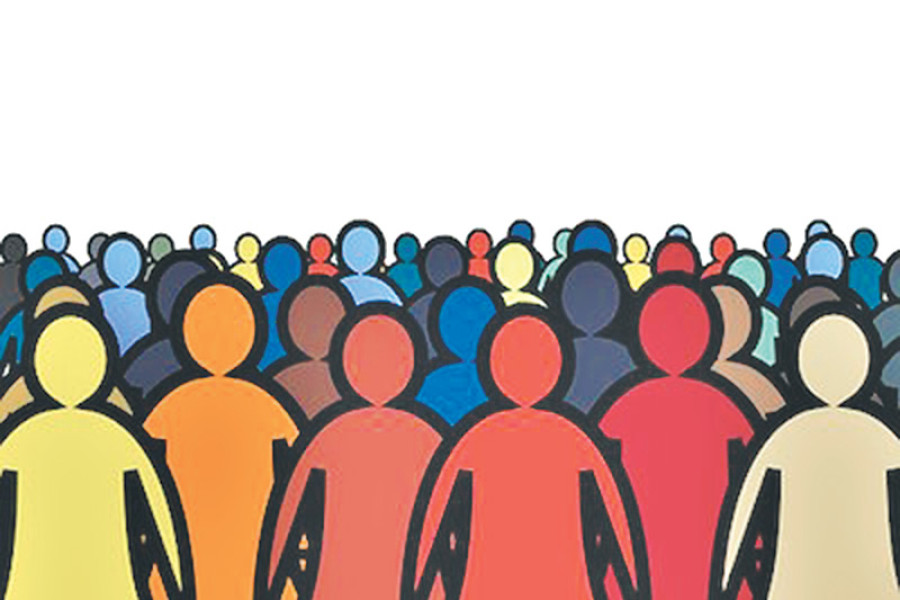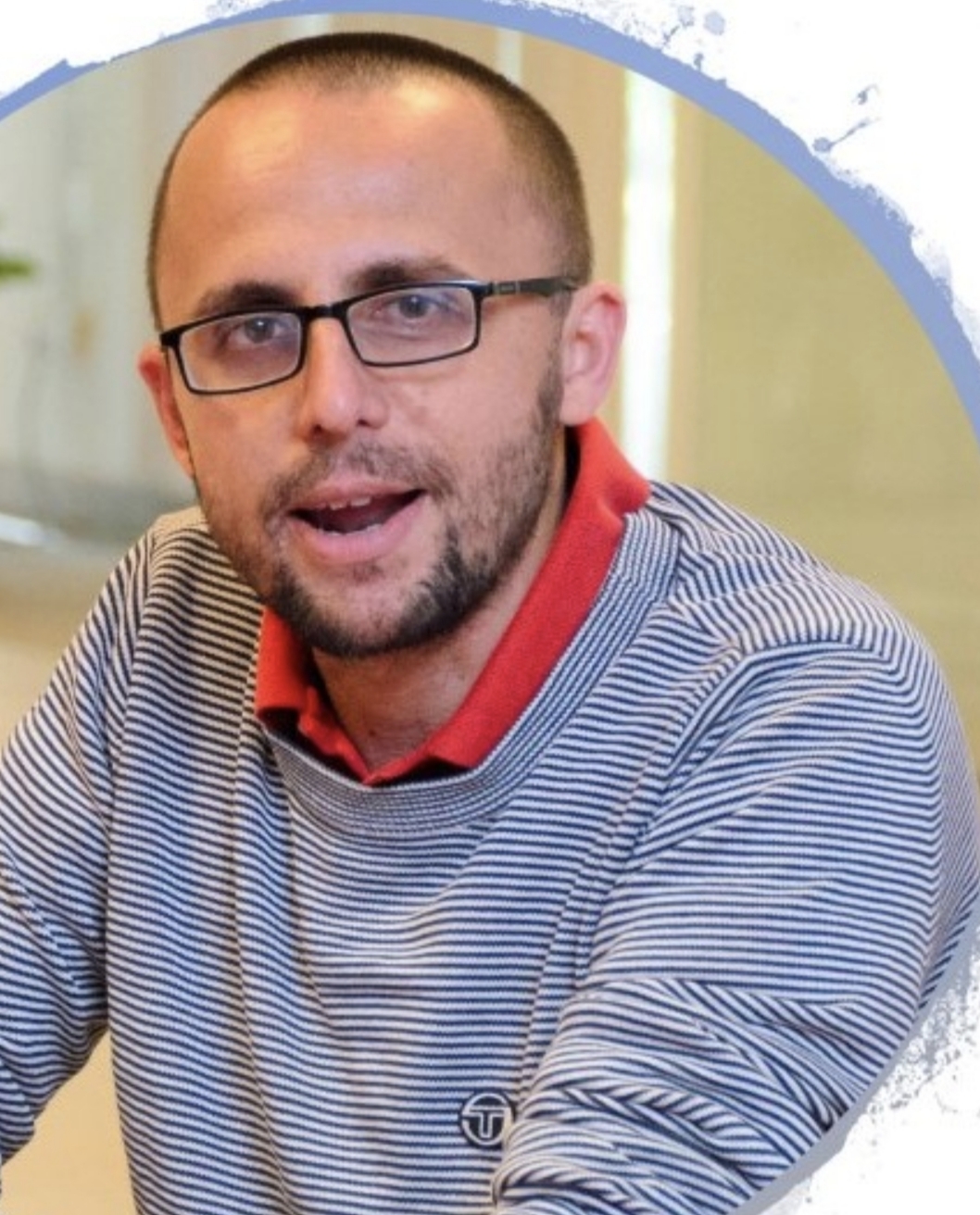Opinion
The youth of the nation
In the face of adversity, Nepali youths should find the energy and motivation to play an active role in serving society
Simone Galimberti
Preparations for the upcoming elections for the federal and provincial assemblies are underway. It seems this time around, the elections won’t be as inclusive as the previous polls, as it is likely that political parties will fail to ensure a 33 percent representation of women. Unfortunately, the gender gap won’t be the only element marking a setback in terms of access to equal opportunities while standing for elections.
It is highly probable that disadvantaged and vulnerable groups will be excluded from running for office. This pattern of social exclusion is particularly worrying: continuous and chronic marginalisation and lack of access to opportunities will further impede vulnerable groups on the margins of the society. Where vulnerability, inequality and poverty persist and prevail, frustration among marginalised groups fuels a sense of hopelessness that, in certain circumstances, could also bring about alienation and radicalisation. Youths from vulnerable and unrepresented groups will pay the highest price of this systematic exclusion from power.
New hope
Yet vulnerable youths from all socio economic groups should not despair of such a scenario. They should take this gloomy situation as a challenge to defy the status quo and bring about the necessary actions to make Nepal a more inclusive polity.
Federalism could offer tremendous opportunities for all youths of the nation. Because of the complexities of the arrangements that need to be put in place, youths now have an opportunity to step up and offer ideas and solutions regarding problems and issues affecting people at the local level. The federal set up that is being created will offer more opportunities at the local level. Despite the challenge of establishing effective mechanisms between the centre and the provinces and local units, there is no doubt that power will be shared and decision making at the local level will become extremely important.
Moisés Naím, a distinguished scholar and journalist, talks about micro powers to explain that the future of the government will be shaped by the myriad of stakeholders to be found locally. And former Prime Minister Tony Blair shares his vision of a “post-bureaucratic state”, where the power of central governments will be reduced because of the roles assumed by individuals, not for profits and ethical businesses acting close to the people.
Federalism, at least theoretically, pushes a fairer distribution of resources shared among communities throughout the country. Youths could truly seize the moment to claim their agency and play a role in the local dynamics. They could even play the role of watchdog, contributing to local dynamics but also questioning local malpractices.
Beyond politics
Some youths might decide to join politics, and here we should not forget that politics is not the exclusively domain of professional politicians or those claiming to be such. By partaking in politics, youths could bring in a new enthusiasm and willingness to challenge and change the status quo.
Politics is not the only way youths can better their community. We are entering an era of active citizenship. The fact that former United States President Obama recently set up a foundation to promote youth leadership and active citizenship is emblematic. In Canada, Prime Minister Trudeau, in one of his first decisions after ascending to power, established the Prime Minister’s Youth Council, whose 26 members aged 16 to 24 were selected on the basis of an open and transparent recruitment process from thousands of youth applicants.
Perhaps the next Prime Minister of Nepal could create such a forum. What about the future Heads of the provinces doing something similar at the state level? Or the mayor of town and rural municipalities creating thousands of youth councils?
Tunisia is probably the best country emerging from the Arab Spring. The World Bank has taken the situation of Tunisia into consideration and has envisioned a holistic approach to formulate the “Multidimensional Policy for Youth Inclusion” that is based on three pillars: participation and active citizenship, access to economic opportunities and youth friendly service at local level. Oxfam in a global Briefing Paper published in 2016 recommends, among others, not to treat youths as a group isolated from the rest of society.
The National Youth Council within the Ministry of Youth and Sports and the National Development Volunteer Service within the Planning Commission potentially can play a big role in creating a national agenda for youths’ development and empowerment by finding ways to mainstream their potential and skills in national development.
In the face of adversity, youths should find the energy and motivation to play an active role. Youths in a vulnerable situation must take charge of their lives. Their potential is limitless. They should not be fuelled by despair, and should instead be filled with passion for public service. Of course, it must be remembered that youths need support and guidance, but their self-empowerment will materialise only if they decide to step up and create new opportunities locally, for themselves and for the nation.
- Galimberti is the Co-Founder of ENGAGE, an NGO partnering with youths living with disabilities




 9.51°C Kathmandu
9.51°C Kathmandu










